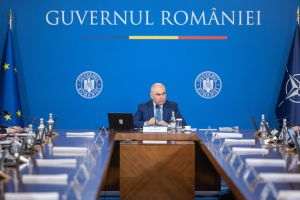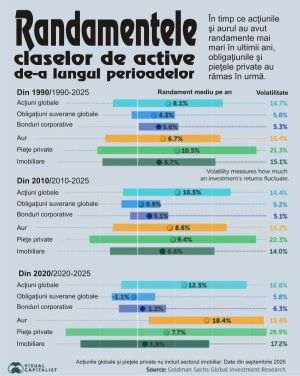OMV CEO Wolfgang Ruttenstorfer is reconsidering the investment commitments made by Petrom, the group"s subsidiary in Romania, and will decide by the end of the year whether to authorize a planned 1.5 billion EUR investment in modernizing two refineries, Austrian newspaper Wirtschaftsblatt reported.
"Gas consumption in Romania has decreased by approximately 30%," Ruttenstorfer argued. While the decrease in natural gas sales on other markets was between 5% and 15%, Petrom suffered a 27% plunge in the second quarter of the year. "The last major growth market in South East Europe is now gone," said Philipp Chladek, an analyst with Raiffeisen Centrobank, quoted by Wirtschaftsblatt.
The substantial decline of the major energy-intensive industries, such as the steel industry and the fertilizer industry, has strongly impacted Petrom, forcing them to cut 4,840 jobs. Questions about OMV"s plans for Romania remain open. The Austrian-based group had repeatedly said that only after modernizing the refineries, could Petrom truly make a profit, Chladek recalled, while wondering whether the recovery process in Eastern Europe had come to an end.
According to Wirtschaftsblatt, the only certainty is that OMV"s hopes are now tied to Turkey. OMV is currently negotiating with Dogan Holding a possible purchase of 41.48% in Petrol Ofisi and is even considering a full takeover, according to Ruttenstorfer. This course of action would require up to 1 billion EUR, which OMV should have no problem to pay for the time being. Wirtschaftsblatt is confident that OMV could finance the takeover without any difficulty as their current indebtedness is only 28%, despite the weak results in the second quarter. Analysts also estimate that OMV has liquidities of up to 5 billion EUR, according to the newspaper.
It is difficult to say for the time being whether OMV is interested in Petrol Ofisi"s fuel stations. Chladek believes that the real goal of buying into Petrom Ofisi is to obtain refining licenses in Turkey. In the meantime, OMV is planning to sell 200 fuel stations in Austria, Italy and Germany and focus on the Viva chain of fuel stations, which has remained profitable.









































